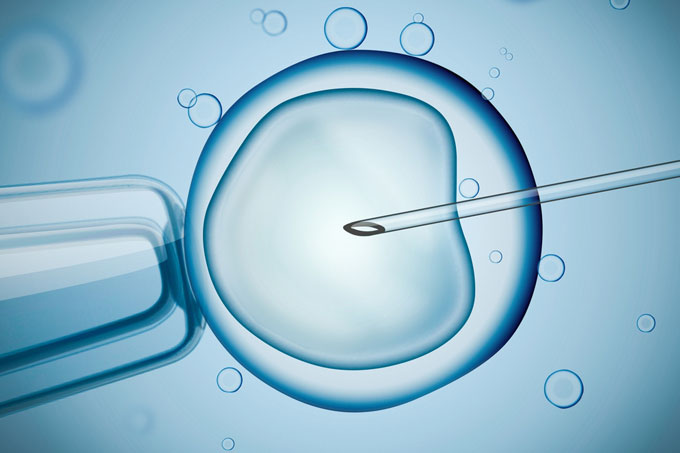Dr Kara Turner and Dr Katie Fowler, who both teach on the Life Sciences programme and are experts in non-human animal embryology, comment on the use of time-lapse technology for IVF.
Time-lapse technology uses specialised incubation and camera systems that capture images of an embryo at regular time intervals in order to monitor development without disturbance from their ideal environment. Such technology has been used in human IVF clinics for several years now with the aim of improving the selection of the healthiest embryos for transfer and in turn, improving the chances of IVF success.
However, while several reports indicate positive outcomes, its use is still largely controversial in the literature. This may be attributable to the subjective nature of embryo scoring and a lack of standardised scoring procedures between clinics among other factors.
Importantly for us, the application of time-lapse technology to non-human species is still largely underexplored and so the release of this report is an exciting new development in the field.
Embryos from agriculturally relevant species such as pig and cattle contain a lot of fat and as such, they are extremely difficult to observe in terms of the classic indicators of successful fertilisation and normal subsequent development. The invention of a computer algorithm that can be ‘trained’ to recognise morphologically and developmentally superior embryos, therefore, is an extremely welcome and exciting advancement that has the potential to dramatically improve embryo selection, in both human and non-human species.
 Expert comment
Expert comment holly finch
holly finch 1628
1628


